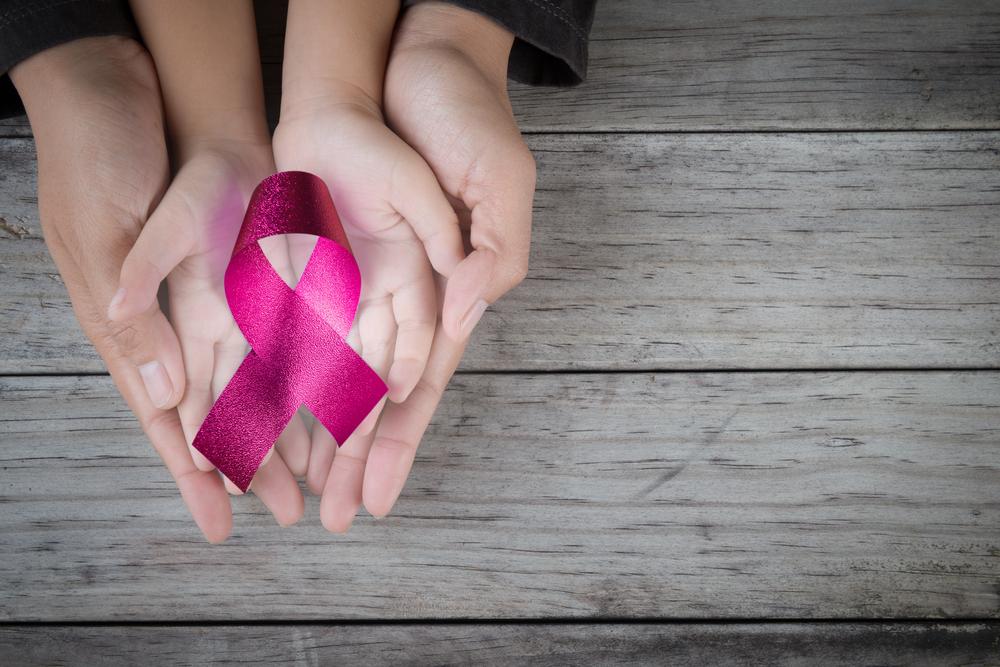Breast Cancer Symptoms
Breast cancer is an uncontrolled growth of cells that starts in the breast tissue.It is the second most common cancer found in women, after skin cancer, and in 2013 more than 232,000 U.S. women were found to be diagnosed with the condition. It is the most common invasive cancer in females worldwide. It accounts for 16% of all female cancers and 22.9% of invasive cancers in women. 18.2% of all cancer deaths worldwide, including both males and females, are from breast cancer. Breast cancer is most commonly diagnosed in women ages 55 to 64.

Early breast cancer usually does not cause symptoms. This is why regular breast exams are important. As the cancer grows, symptoms may include
1) Lump in the armpit that is hard, has uneven edges, and usually does not hurt
2) Change in the size, shape, or feel of the breast or nipple — for example, you may have redness, dimpling, or puckering that looks like the skin of an orange
3) Fluid from the nipple — may be bloody, clear to yellow, green,or look like pus
4) Rash on or around your nipple
5) Dimpling on the skin of your breasts
6) A marble-like area under the skin.
Symptoms may resemble a breast inflammation and may include itching, pain, swelling, nipple inversion, warmth and redness throughout the breast, as well as an orange-peel texture
Symptoms of advanced breast cancer may include:
- Bone pain
- Breast pain or discomfort
- Skin ulcers
- Swelling of the lymph nodes in the armpit (next to the breast with cancer)
- Weight loss
It’s important to note that even these symptoms don’t necessarily mean a malignancy is present and often signal a benign condition, such as a cyst or infection. Breast lumps aren’t the only possible sign of breast cancer, and most breast lumps aren’t cancer.Fewer than 20% of lumps, for example, are cancerous. Nevertheless, the appearance of a new symptom should be taken seriously by both patients and their doctors, because of the possibility of an underlying breast cancer at almost any age.